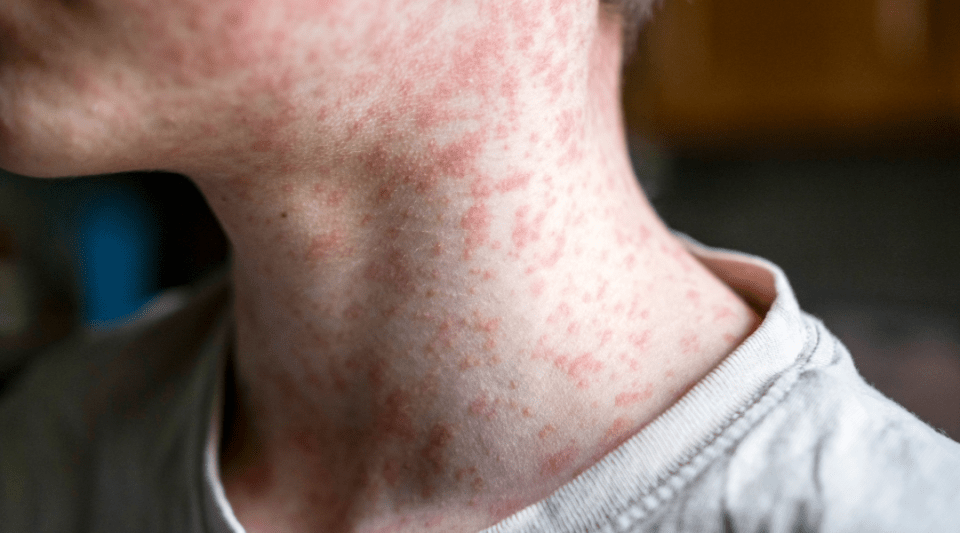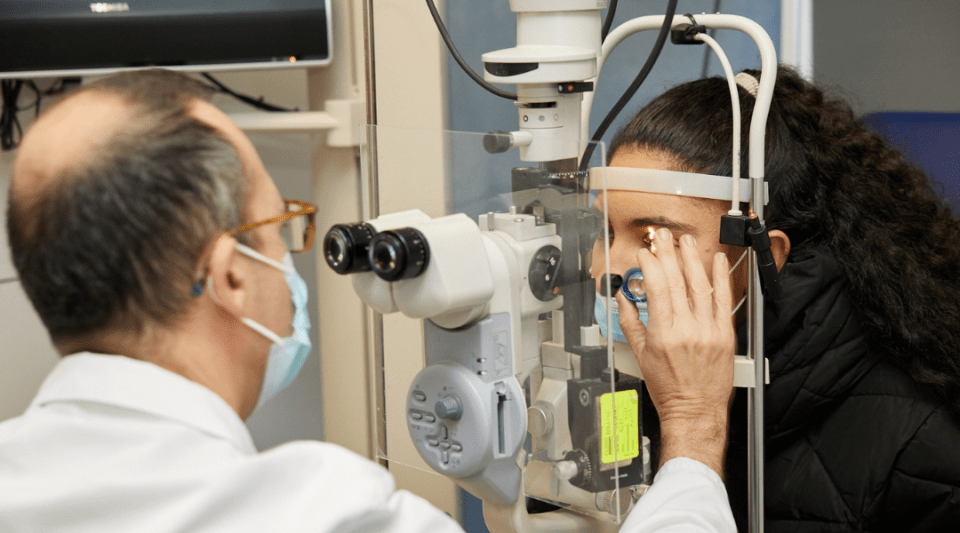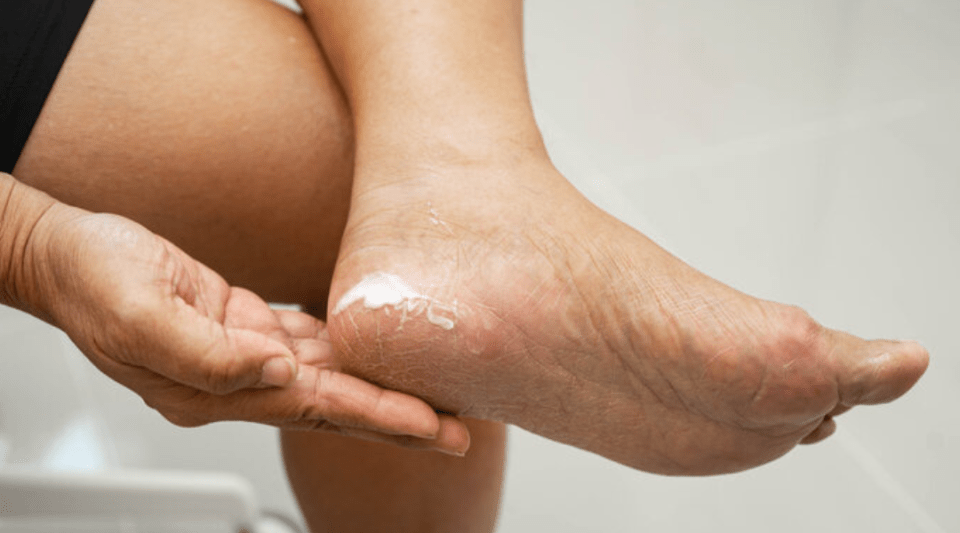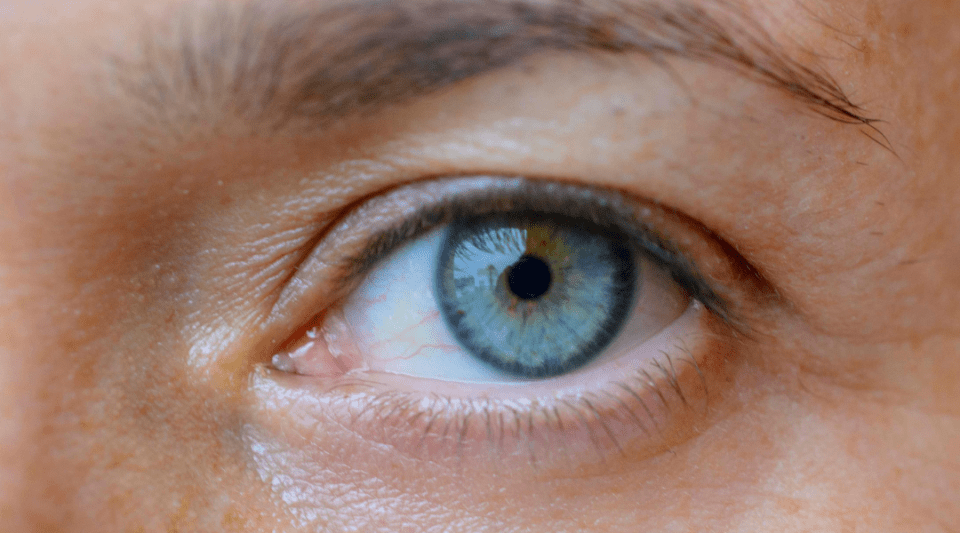A highly contagious yet easily preventable disease
Measles is a highly contagious viral infection transmitted through the air. It causes high fever, cough, conjunctivitis and a distinctive skin rash. While it may appear to be a disease of the past, a single person with measles can transmit the virus up to nine out of ten unvaccinated people.
In some cases, it can lead to serious complications, including pneumonia, especially in children and people with weakened immune systems. However, it’s easily prevented with the MMR vaccine.
Why is vaccination so important?
According to the microbiologist María del Mar Mosquera, the key to keeping measles under control is to maintain a high vaccination coverage. In Catalonia, approximately 95% of the population has received one dose of the vaccine, and between 92% and 93% have received the two doses. However, to eliminate the virus completely, a coverage of over 95% would be required for both doses.
Mosquera reminds us that vaccination not only provides individual protection, but also generates herd immunity, which prevents the virus from spreading. "Getting vaccinated is an act of collective responsibility that protects us all,” she explains. When vaccination rates drop, outbreaks like the one seen in El Garraf can occur.
In addition, she points out that tackling measles does not depend solely on vaccination; it also relies on having well-equipped laboratories able to swiftly identify cases and thereby preventing further transmission.
When misinformation becomes a risk
Experts warn that misinformation about vaccines, along with the false belief that certain diseases have been eradicated, can jeopardise the progress made in public health. Refusing vaccination not only exposes individuals to infection but also risks transmitting the virus to vulnerable groups, including infants or immunocompromised patients.
Preserving confidence in vaccines is therefore essential to prevent the resurgence of infections such as measles. The outbreak in El Garraf is clear reminder: the virus persists, and only vaccination can stop it.
INFORMATION DOCUMENTED BY:
Dr María del Mar Mosquera, microbiologist at Hospital Clínic Barcelona.






